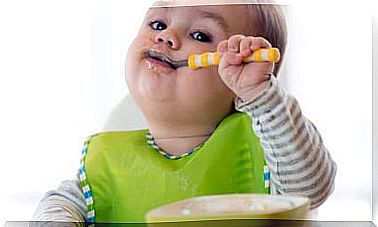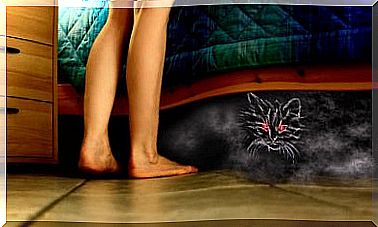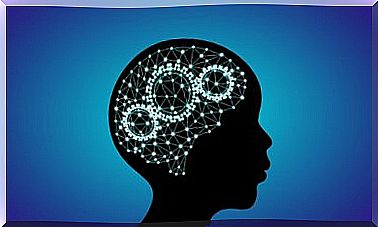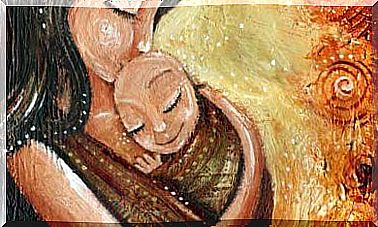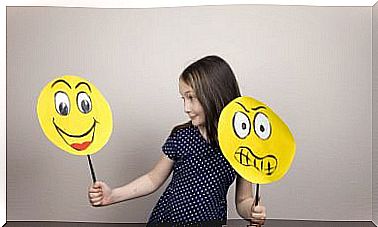How Is A Learning Disability Diagnosed?
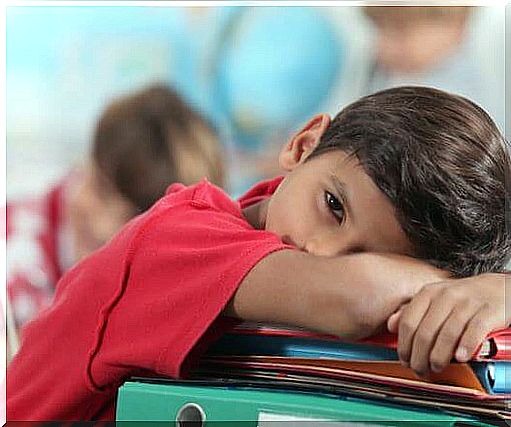
It is difficult for a parent to see a learning disability with the naked eye, not because there are not enough clues, but perhaps because of a lack of courage. In some way these disorders are stigmatized, which is why almost no one wants to accept them. We know that it is not easy to deal with such a situation, but it is best to have an early diagnosis.
Some children may seem less interested in their studies, perhaps doing better in some subjects than others. It also happens that when an exercise seems complex, it takes longer to finish it. However, it is not always about superficial behaviors, there may be a real problem in their learning.
Similarly, not all children who do not like to study actually have a disorder. The most important thing in these cases is the observation and follow-up that we do to the child’s development. Not being alarmed and acting on time are key to coping with this situation.
What to do if we suspect a learning disability?
As we have said, not all the symptoms related to this disorder show that it actually exists. Therefore it is very important that the diagnosis is made by a professional. We should be clear about the reasons that led us to the consultation. It is also necessary that we try to clarify all doubts.
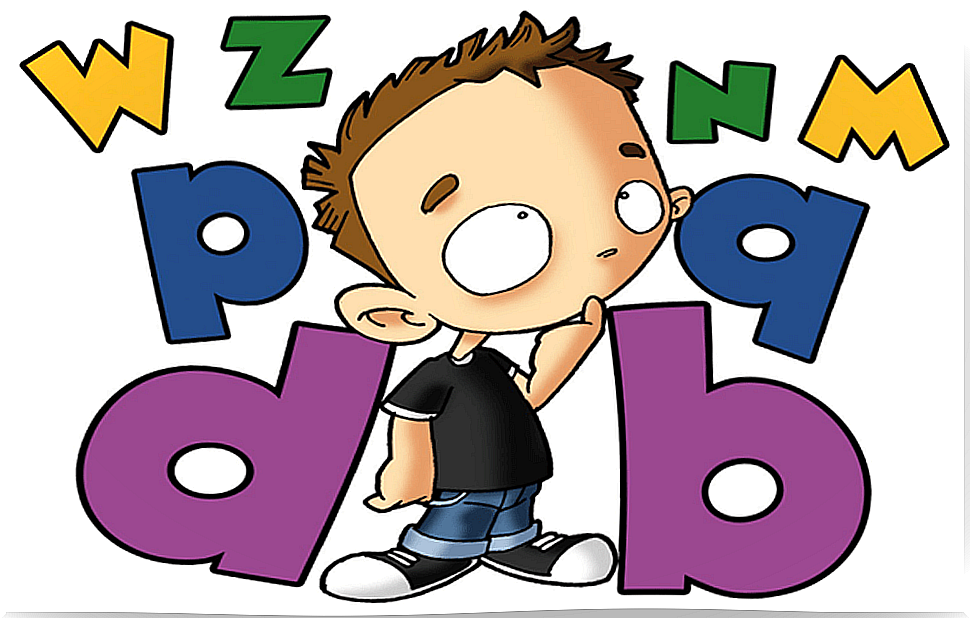
The specialist indicated to diagnose the learning disability is the psychologist. Therefore, if you decide to act on this suspicion, go safely to the right person. It is understood that the origin of this disorder is neurological. However, its emotional and behavioral component involves psychological intervention.
In most cases, learning problems are associated with emotional imbalances. According to the opinion of the specialists, a kind of vicious circle has been identified as the trigger for the conflict. For example, poor academic results result in the child’s frustration, which leads to worse outcomes.
In the same way, when the child begins to have difficulties in some particular subjects, it affects him emotionally and lowers his self-esteem. Going forward, it is possible that a setback will be evident in other areas where it did not seem to fail.
Both their school and personal environment are affected by this situation. When the little one begins to feel that he is not learning at the rate of others, his relationship with them is affected. After the diagnosis is over, the problem must be addressed with a multidisciplinary medical team.
Running the diagnostic
Once the psychologist finds that there is a learning disability, the recognition process expands to other areas. Then psychiatrists, speech therapists and psychopedagogues begin to intervene. Consequently, it is necessary to go to a place where most of these specialties are integrated.
It is very important that the little one adapts adequately to the environment of the center where he will be cared for. The time that will be used in this also generates doubts in the parents. Although it is not done from one day to the next, it has a division that allows the process to vary.
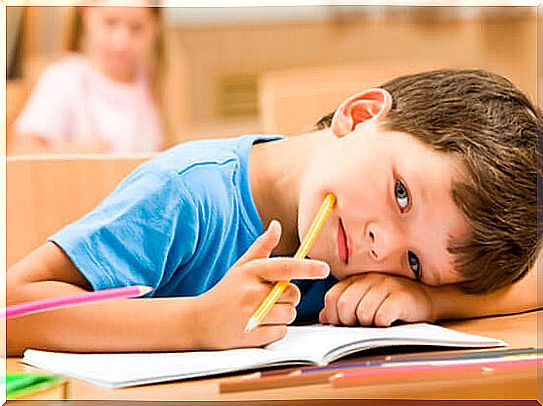
The child is evaluated in three parts that are, evolution, development and exploration. At this stage , a clinical history is sought that takes into account how behavior and the psychomotor system have developed. The evaluation involves a journey from pregnancy to the current age of the child.
Instruments used in diagnosis
The exploratory phase aims to deepen the knowledge we have of the little one. To do this, a series of specialized questionnaires are applied, among which the following stand out:
- This instrument makes it possible to assess the child’s ability to pay attention and stay focused. The idea is to rule out the presence of Attention Deficit Disorder, ADHD
- Prolec and Talec. They are two questionnaires that are run to evaluate reading and writing problems. They are performed particularly in order to confirm that the child does not suffer from disorders such as dysgraphia or dyslexia
- Wisc-IV. This questionnaire measures the IQ, whose purpose is to ensure that poor school performance is not due to this problem
- It is a special instrument that allows a measurement of the degree of psychomotor maturity. Through this, you can see if the child has a development according to his age.
Cover image courtesy of Andrea Moak

